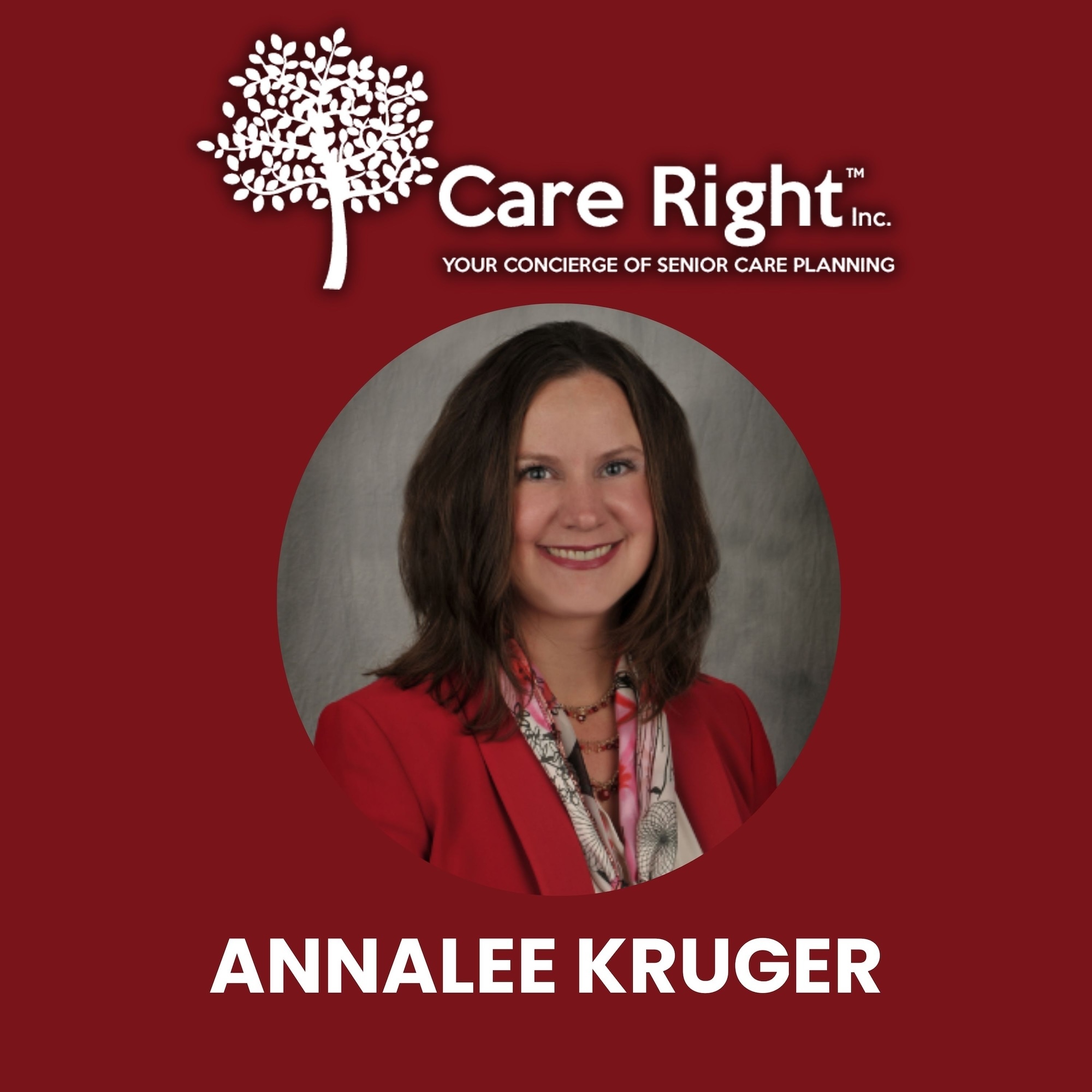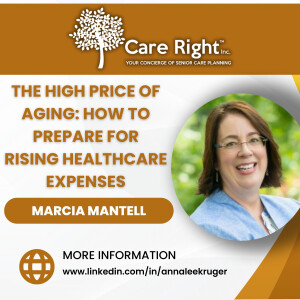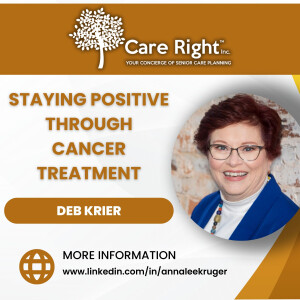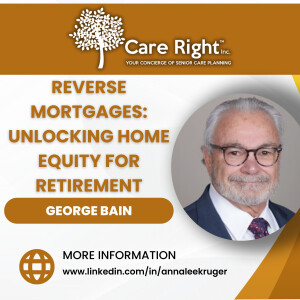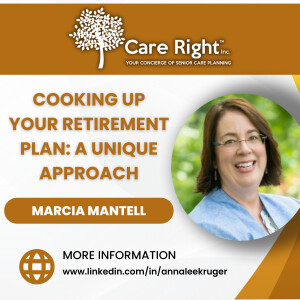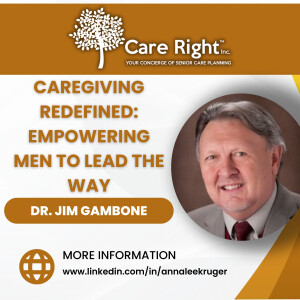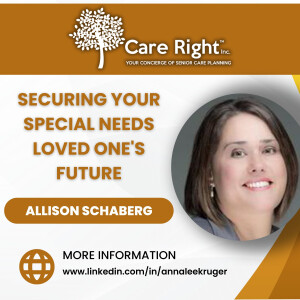Are you one of the millions of Americans struggling to navigate the complex and ever-changing world of Medicare and long-term care planning? If so, you're not alone. Healthcare in America is anything but affordable. But by arming yourself with knowledge and working with the right experts, you can make informed decisions and protect your financial future. Are you ready to take control of your healthcare planning?
Marcia Mantell is a beacon of clarity in the complex and ever-changing world of Medicare and healthcare planning. Her unique ability to translate complex regulations into actionable strategies empowers her clients to make informed decisions and protect their financial futures. On this episode, Annalee and Marcia engages in a comprehensive discussion on the complexities of Medicare, long-term care planning, and the importance of early preparation to navigate the challenging healthcare landscape in America. Stay tuned!
Quotes:
- “We need to remove the word "affordable" from the conversation when it comes to anything in healthcare. There's nothing affordable about healthcare in America—full stop. That's a fact.”
- “Learn this stuff, work with us, and we will help you make the best decisions possible with the information we have today.”
- "You can't jeopardize your future retirement, your next 30 years, because Mom has dementia or Dad had a stroke. These family situations are incredibly complex and incredibly costly."
Takeaways:
- Understand that Medicare is not a free, comprehensive healthcare solution - it has significant out-of-pocket costs and limitations, especially when it comes to long-term care. Plan accordingly.
- Don't wait until you're sick or retired to start learning about and planning for your healthcare needs. Get educated and make a plan early, even if you're healthy now.
- Seek the guidance of vetted professionals who can help you navigate the complex world of Medicare, Social Security, and retirement planning. Don't try to figure it out alone.
- Regularly review your Medicare and prescription drug coverage to ensure it still meets your needs. Drug plans and coverage can change annually.
- Be realistic about the rising costs of healthcare, including home care, assisted living, and nursing home expenses. Factor these into your long-term financial planning, even if you're currently healthy.
Conclusion:
Comprehensive healthcare and retirement planning is essential, even for those who feel healthy. Navigating Medicare, Social Security, and long-term care coverage is complex, and without proper preparation, the costs can quickly drain savings. Proactive planning, early education, and a realistic understanding of healthcare expenses are key to securing a confident retirement in a system that often favors providers over consumers.Resources:
Annalee’s LinkedInCare Right Inc. Website
Episode Website
Learn more about The Elder Planning Specialist designation and certification program at Plan For Life Now
